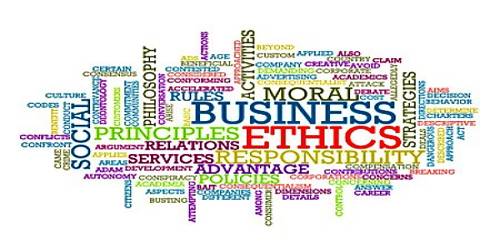Some scholars believe does not have any social responsibility of business
Social Responsibility is an ethical framework and suggests that an entity, be it an organization or individual, has an obligation to act for the benefit of society at large.
The major arguments against the assumption of social responsibilities by business are-
(a) Profit maximization
This is the essence of the classical viewpoint. Business is socially responsible when it attends strictly to its economic interests and leaves other activities to other institutions.
(b) Corporate social responsibility is inappropriate
This means that, if executives use resources for social responsibility, they will be imposed taxes and then deciding how the taxes shall be spent.
(c) Business cost of social involvement
Although business can invest small amounts of its resources in social obligation, it cannot really commit major economic resources are paid by the government or other institutions.
(d) Cost to society for social responsibility
Many socially responsible activities do not pay their own way. Someone has to pay these costs. Business must absorb these costs or pass them on to consumers in higher prices.
(e) Lack of social skills
The outlook and abilities of business leaders are oriental primarily toward economies. Business people are poorly qualified to cope with social issues.
(f) Dilution of business’s primary purpose
The pursuit of social goals for economic productivity. Society may suffer as both economic and social goals are poorly accomplished.
(g) Weakened international balance of payment
Social responsibilities often omit the international balance of payments. If social programs add to business costs, then these costs must be recovered and generally, they will be added to the price of the product.
(h) Business has enough power
Business is already one of the more powerful institutions in our society. If it pursued social goals, it would have even more power. Society has given enough power.
(i) Lack of accountability
Political representatives pursue social goals and are accountable for their actions. Such is not the cast with business leaders. There are no direct lines of social accountability from the business sector to the public.
(j) Lack of broad public support
There is no broad mandate from society for business to become involved in social issues. The public is divided on the issue. In fact, it is a usually generates a heated debate.













